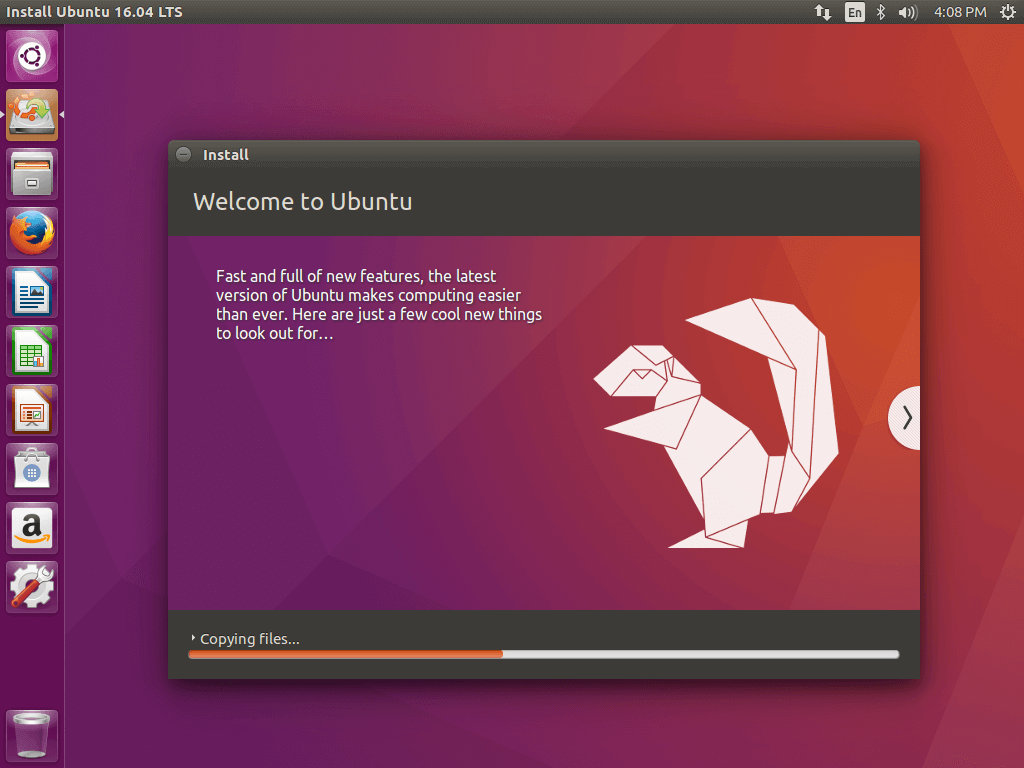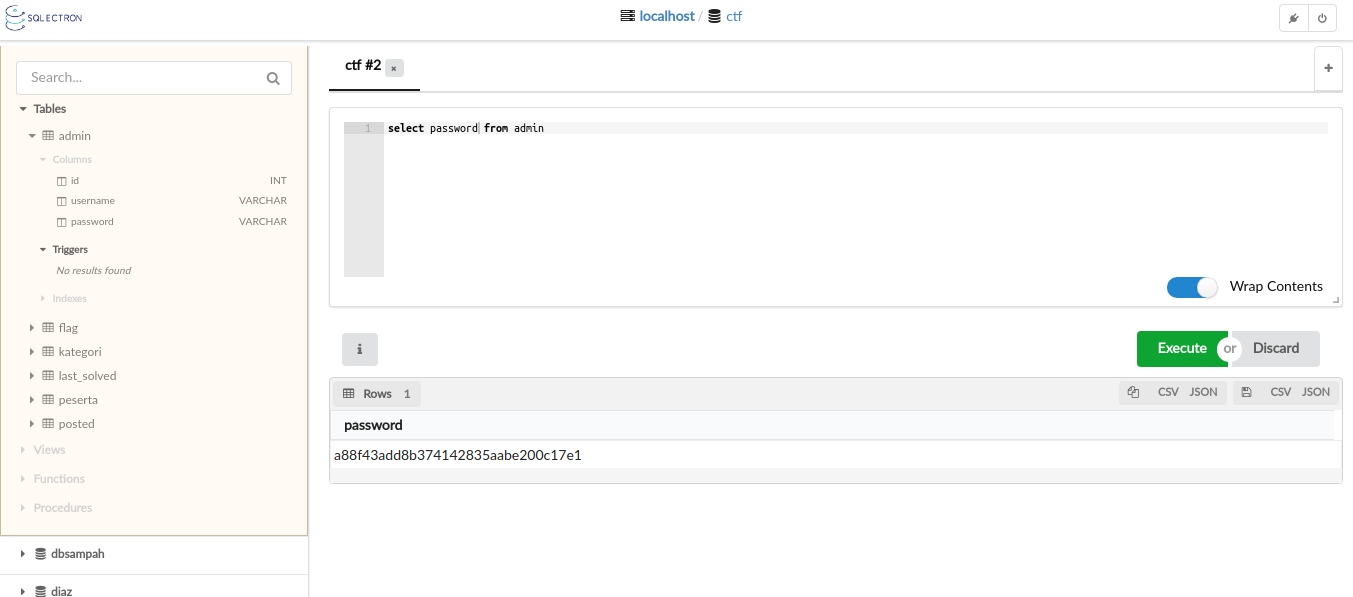


ALTER USER 'localhost' IDENTIFIED WITH auth_socket.Then go back to using the default authentication method using this command: To authenticate as the root MySQL user using a password, run this command: Once the security script completes, you can then reopen MySQL and change the root user’s authentication method back to the default, auth_socket. ALTER USER 'localhost' IDENTIFIED WITH mysql_native_password BY ' password' Īfter making this change, exit the MySQL prompt:įollowing that, you can run the mysql_secure_installation script without issue.The following example changes the authentication method to mysql_native_password: Then run the following ALTER USER command to change the root user’s authentication method to one that uses a password.

To avoid entering this recursive loop, though, you’ll need to first adjust how your root MySQL user authenticates. This will lead the script into a recursive loop which you can only get out of by closing your terminal window.īecause the mysql_secure_installation script performs a number of other actions that are useful for keeping your MySQL installation secure, it’s still recommended that you run it before you begin using MySQL to manage your data. Please consider using ALTER USER instead if you want to change authentication parameters. Failed! Error: SET PASSWORD has no significance for user as the authentication method used doesn't store authentication data in the MySQL server. This script changes some of the less secure default options for things like remote root logins and sample users. Step 2 - Configuring MySQLįor fresh installations of MySQL, you’ll want to run the DBMS’s included security script. Because this leaves your installation of MySQL insecure, we will address this next. These commands will install and start MySQL, but will not prompt you to set a password or make any other configuration changes. To install it, update the package index on your server if you’ve not done so recently:Įnsure that the server is running using the systemctl start command: At the time of this writing, the version of MySQL available in the default Ubuntu repository is version 8.0.27. On Ubuntu 20.04, you can install MySQL using the APT package repository. To set this up, follow our initial server setup guide for Ubuntu 20.04. One Ubuntu 20.04 server with a non-root administrative user and a firewall configured with UFW.By completing it, you will have a working relational database that you can use to build your next website or application. This tutorial will go over how to install MySQL version 8.0 on an Ubuntu 20.04 server. It implements the relational model and uses Structured Query Language (better known as SQL) to manage its data. => ERROR: A failure occurred in build().MySQL is an open-source database management system, commonly installed as part of the popular LAMP (Linux, Apache, MySQL, PHP/Python/Perl) stack. Npm ERR! A complete log of this run can be found in: Npm ERR! npm ERR! command sh -c npm run build Npm ERR! npm ERR! command sh -c npm run clean & npm run build:commonjs Npm ERR! npm ERR! A complete log of this run can be found in: Npm ERR! npm ERR! command sh -c rimraf lib Npm ERR! npm ERR! path /home/alex/.npm/_cacache/tmp/git-clone-82558823 Npm ERR! sh: line 1: rimraf: command not found Npm ERR! npm WARN invalid config Must be one of: null, valid Date string Npm ERR! npm WARN invalid config before="" set in command line options Npm ERR! > npm run clean & npm run build:commonjs Npm ERR! command /home/alex/.nodenv/versions/15.1.0/bin/node /home/alex/.nodenv/versions/15.1.0/lib/node_modules/npm/bin/npm-cli.js install -only=dev -prod -ignore-prepublish -no-progress -no-save -cache=/home/alex/.npm/_cacache -prefer-offline=false -prefer-online=false -offline=false -before= Now I have such error: => Starting prepare().


 0 kommentar(er)
0 kommentar(er)
